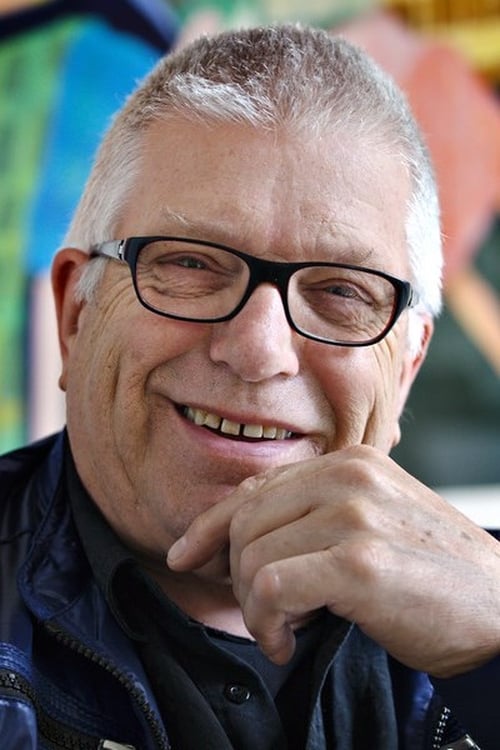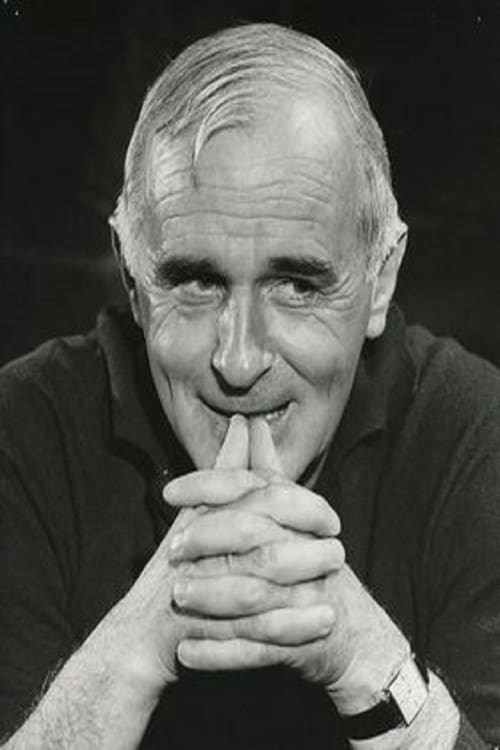Tarzan Mama Mia (1989)
Género : Familia
Tiempo de ejecución : 1H 25M
Director : Erik Clausen
Sinopsis
Eleven-year old Rikke lives alone with her father, whose only interest in life seems to be the soccer matches which appear on his television. Not surprisingly, Rikke is somewhat bored. She enters a contest put on by a cereal company which has as its grand prize a horse. Since she lives in the city in a second floor apartment, it never occurred to her that she might win, but win she does. The horse ("Mama-Mia") duly appears, and she and the members of her slum neighborhood come together to cope with the situation in a delightful way.

Film about a pair of traveling entertainers and con-men and their problems with jobs, money and women. We follow them in a period there it goes downhill with engagements. It's hard for them to realize that entertainers of their kind are about to become extinct.
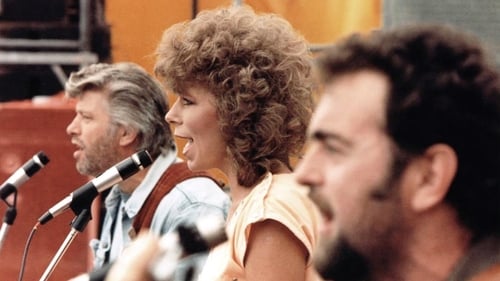
Old rockers, like soldiers, never die, they only pass away. Well, Erik Clausen turns nostalgia into a vivid tribute to the moods and manners of the 1950s Danish Rock'n Roll by picking up a group of dispersed fellow bandsmen from wherever life and fate have left them stranded to have them revive their group and relive the good old days. A spirit of social solidarity permeates throughout.
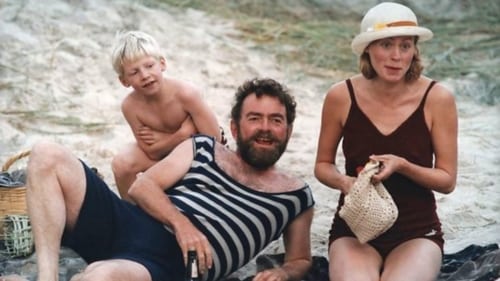
It is the adult Gustav Adolf, who tells the story of the momentous day when he as a little boy with his father and mother and the whole staircase, went to the beach to enjoy the pleasures of bathing. We are in 1930s working-class neighborhood in Copenhagen. In a backyard apartment, we meet the little working-up of small Gustav Adolf (Benjamin Rothenborg Vibe) who has great respect for his father, Axel (Erik Clausen). Father has a very lively gab and is always ready to tell a story from her exciting life - often from the time he was on the big Argentine pampas.
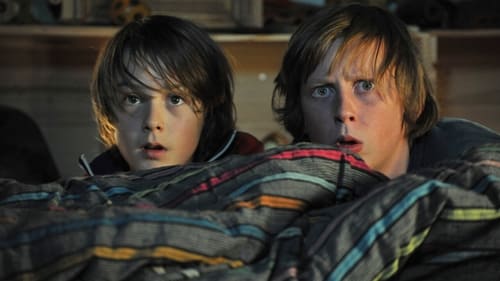
Anton, un niño de 10 años, tiene un hermano mayor autista, cuando a él lo que le gustaría sería tener un hermano mayor normal. Pero un día su hermano recibe ciertos poderes que lo convierten en un héroe, algo así como un Superhermano. Ahora bien, esos poderes, aparte de que no son eternos, tendrán que aprender a utilizarlos.
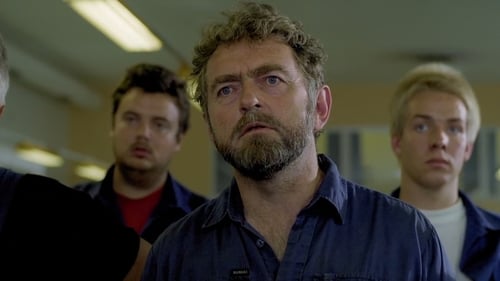
The early 1990s: 300,000 Danes are out of work. Viggo, a machinist with two grown children, is silent about feelings, scared he'll lose his job, loud about the value of trade unionism, interested in his pet fish, and argumentative at dinner. His wife Oda puts up with his moods and works on family genealogy. When Viggo is laid off, he becomes a fish out of water, hardly looking for work, starting a garden, and taking up with Karen, a polished but unhappy widow. He lies to his wife about a union training and goes to Mallorca with Karen. When she stops the affair, Viggo ends up in a psychiatric ward and must figure out what's really important in his life and in his character
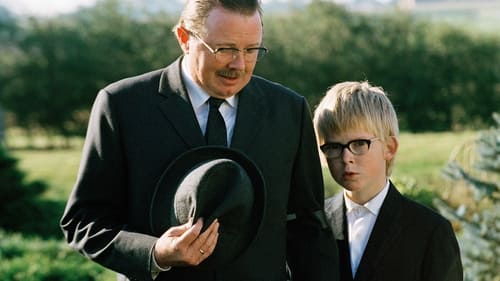
Sur de Jutlandia, a principios de los 70. La vida no resulta fácil para Allan, de 11 años. Su padre padece "nervios psíquicos" y amenaza frecuentemente con suicidarse. Su madre ha tirado la toalla, su hermano mayor se ha ido de casa y la pequeña lechería de la familia no marcha bien. Cuando su hermana mayor deja de pasar las noches en el sofá con su padre, dependerá de Allan mantener unida a la familia.

Herluf lives a complacent life with his wife Inger-Lise. Their daily routines are only interrupted by their daughter's marriages, the third now about to take place. But Herluf's problems are more serious than an indecisive daughter, his wife is cheating on him and he's started forgetting things at work. And one day Herluf doesn't return home.
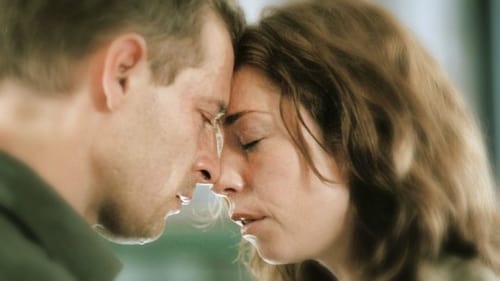
A young married couple has to deal with their emotional breakdowns after the death of their only daughter.
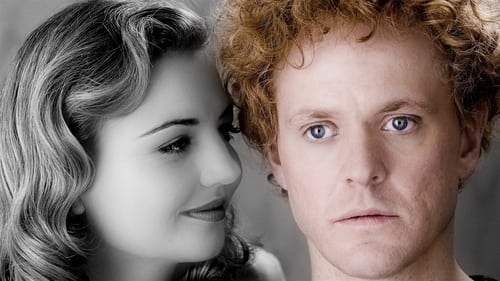
To the mentally ill Kriss, the world is divided up into 'good and evil', just like in the old B&W melodrama, 'Pure Hearts', which Kriss and his fellow patient, Willy, spend their days repeatedly watching at the psychiatric ward. To Kriss this film is the bible. One day after a serious conflict with one of the hospital's other patients their viewing rights are retracted. Kriss is deeply frustrated by this, until he realises that Linda, the young girl in the film, actually exists in the shape of the film's star, the actress Ulla Vilstrup. Setting fire to the hospital, Kriss and Willy escape into the night, determined to find her, because life is what you make of it.




